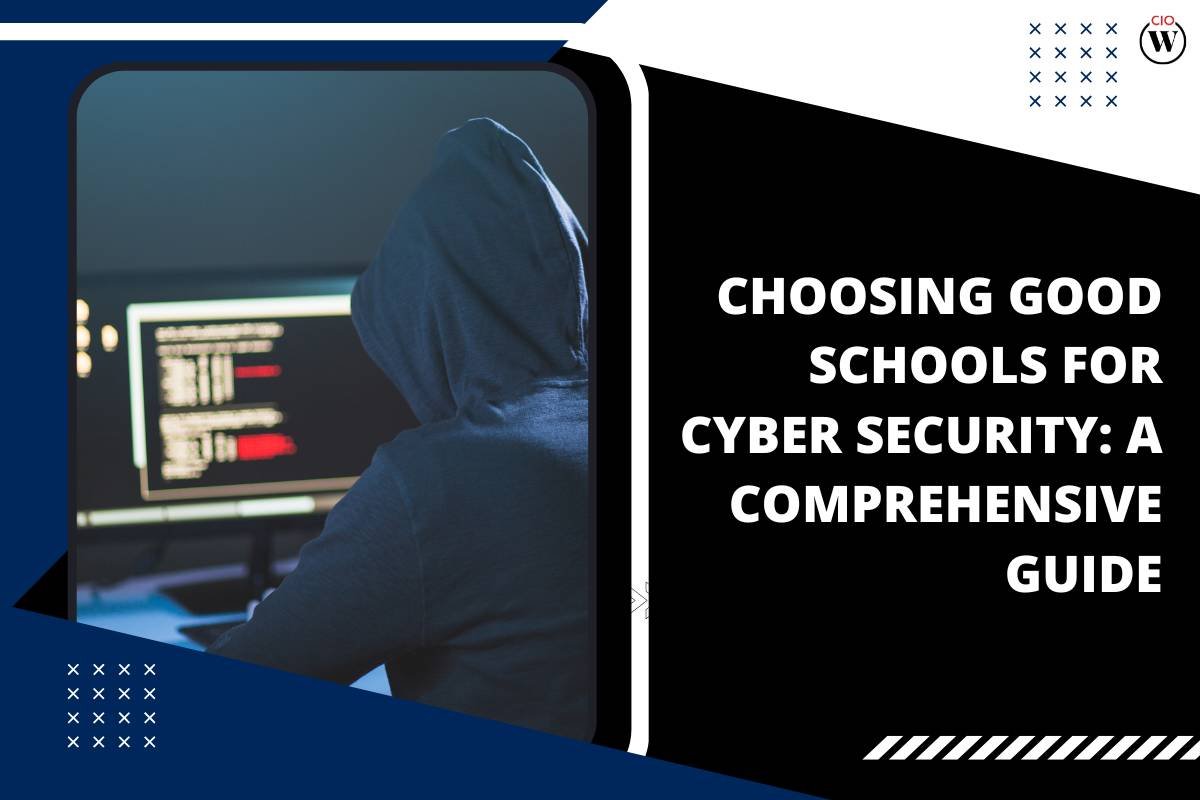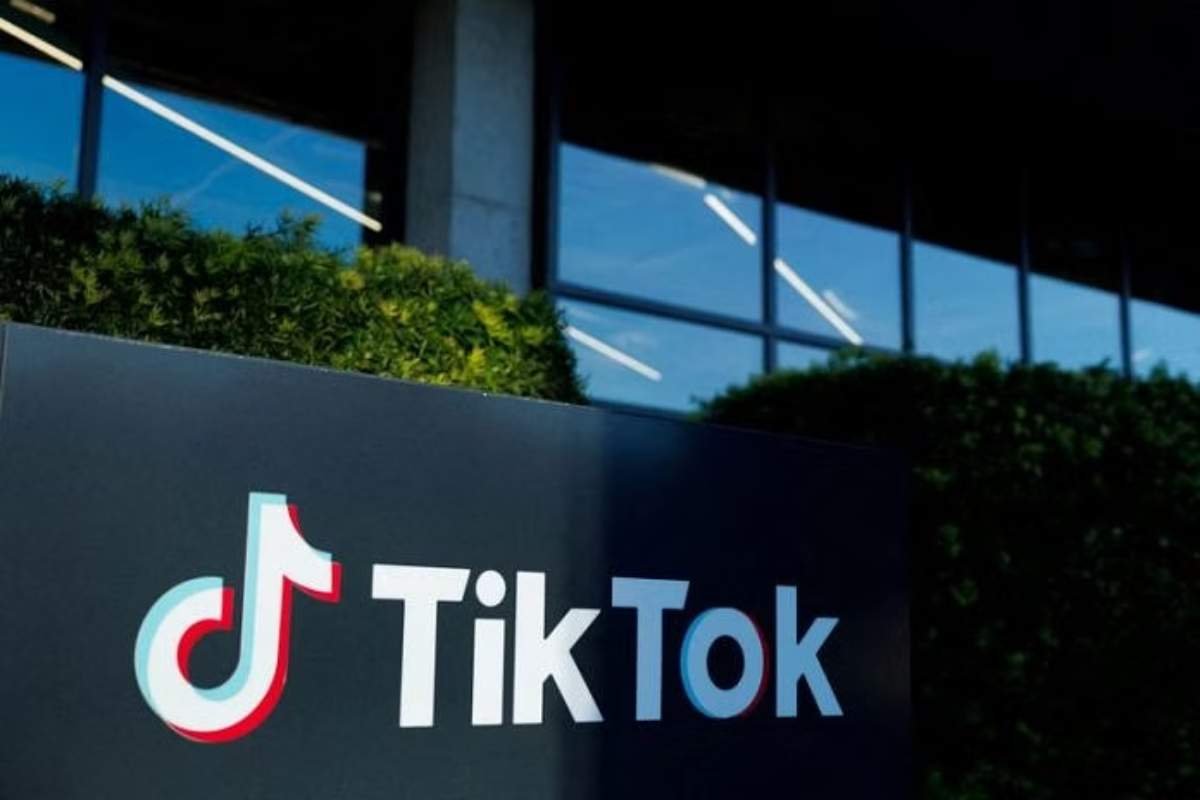In today’s digital age, cybersecurity is more crucial than ever. With cyber threats constantly evolving, the need for well-trained professionals to protect digital assets is skyrocketing. However, finding good schools for cyber security can be overwhelming due to the many choices available.
This guide breaks down the process of choosing the best educational institution for a cybersecurity career in clear, straightforward terms. It focuses on important factors to consider, highlights top programs, and shares insights from industry experts.
Understanding the Importance of Cyber Security Education
Cybersecurity is a critical component of safeguarding sensitive information, systems, and networks from malicious attacks and unauthorized access. Professionals in this field are tasked with identifying vulnerabilities, developing security measures, and responding to cyber incidents effectively. As cyber threats evolve and become more sophisticated, the need for well-trained cybersecurity professionals, and good schools for cybersecurity, continues to grow.
Key Considerations When Choosing a School
1. Accreditation and Reputation:

Accreditation ensures that a school meets specific standards of quality and rigor in its educational programs. Look for programs accredited by recognized bodies such as ABET (Accreditation Board for Engineering and Technology) or the NSA (National Security Agency) Centers of Academic Excellence in Cyber Defense (CAE-CD).
Good schools for cyber security often have a strong reputation within the industry and among employers. Research the school’s rankings, faculty expertise, and alumni achievements to gauge its standing in the field.
2. Curriculum and Specializations:
Evaluate the curriculum offered by each program. A good school for cyber security will provide a comprehensive curriculum that covers essential topics such as network security, cryptography, ethical hacking, incident response, and risk management.
Look for schools that offer specialized tracks or concentrations within cybersecurity, such as digital forensics, cyber policy, or secure software development, to align with your career goals and interests.
3. Faculty Expertise and Research Opportunities:
The quality of faculty members is crucial in good schools for cyber security. Look for programs where faculty members have practical experience in the field, hold relevant certifications (CISSP, CEH, etc.), and are actively engaged in research and industry collaborations.
Research opportunities, such as cybersecurity labs, centers, or partnerships with industry organizations, can provide valuable hands-on experience and exposure to real-world challenges.
4. Industry Connections and Internship Opportunities:
Good schools for cyber security often have strong ties with industry partners, which can lead to internship opportunities, guest lectures, and networking events. These connections can enhance your learning experience and increase your chances of securing a job after graduation.
Investigate the school’s career services department and alumni network to understand their track record in placing students in cybersecurity roles and the types of companies that recruit from their programs.
5. Practical Training and Certifications:

Look for programs that emphasize practical, hands-on training and theoretical coursework. Good schools for cyber security may offer labs equipped with the latest tools and technologies used in the field, simulations of cyber attacks, and opportunities to participate in capture-the-flag competitions or cybersecurity challenges.
Consider programs that prepare students for industry certifications such as CompTIA Security+, Certified Ethical Hacker (CEH), or Certified Information Systems Security Professional (CISSP), which are valued by employers.
Top Schools and Programs in Cyber Security
1. Carnegie Mellon University – CyLab
Carnegie Mellon University’s CyLab is a world-renowned cybersecurity research and education center. It offers interdisciplinary programs in cybersecurity, including the Master of Science in Information Security and the Master of Science in Information Technology – Information Security track.
CyLab’s faculty includes leading experts in cybersecurity, and the program emphasizes hands-on research and practical training through its state-of-the-art labs and partnerships with industry leaders, making it one of the good schools for cybersecurity.
2. University of Maryland – Center for Cybersecurity
The University of Maryland’s Center for Cybersecurity is designated as a National Center of Academic Excellence in Cyber Defense Education (CAE-CDE). It offers undergraduate and graduate programs in cybersecurity, including the Bachelor of Science in Cybersecurity and the Master of Engineering in Cybersecurity.
The center’s faculty conducts cutting-edge research in areas such as cryptography, privacy, and secure software engineering, providing students with opportunities to engage in impactful research projects and pursue studies at good schools for cyber security.
3. Stanford University – Cyber Security Graduate Program
Stanford University offers a Cyber Security Graduate Program through its Department of Electrical Engineering. The program covers a wide range of topics, including network security, computer forensics, and secure coding practices.
Stanford’s proximity to Silicon Valley provides students with access to a vibrant ecosystem of tech companies and startups, offering internship and job opportunities in cybersecurity.
4. Massachusetts Institute of Technology (MIT) – Cybersecurity Program

MIT offers a Cybersecurity Program through its Computer Science and Artificial Intelligence Laboratory (CSAIL). The program combines foundational coursework in computer science with specialized topics in cybersecurity, such as secure systems, network security, and cryptography.
MIT’s strong emphasis on research and innovation equips students with the skills and knowledge to tackle complex cybersecurity challenges in academia, industry, and government.
Insights from Industry Experts
To gain further insights into choosing good schools for cyber security, we spoke with industry experts who shared their perspectives on what makes a program stand out:
Dr. Sarah Johnson, Chief Information Security Officer (CISO), TechSecure Inc.: “When evaluating cybersecurity programs, look for schools that not only teach technical skills but also emphasize critical thinking, problem-solving, and ethical considerations. A good school for cyber security will prepare students to adapt to evolving threats and technologies.”
John Smith, Hiring Manager, Cyber Defense Solutions: “We value candidates who have received hands-on training and certifications during their education. Schools that offer opportunities for students to participate in real-world simulations or internships with cybersecurity firms are particularly attractive to us.”
Conclusion
Choosing good schools for cyber security is crucial for your career in this fast-growing field. Consider accreditation, curriculum quality, faculty expertise, industry ties, and practical training opportunities when deciding. Research programs thoroughly, attend info sessions, and connect with current students or alumni for insights. A quality cyber security education enhances your skills and makes you valuable in combating cyber threats, benefiting global organizations’ security. This decision shapes your career path, so choose wisely to align with your goals and contribute effectively to cyber resilience worldwide.









